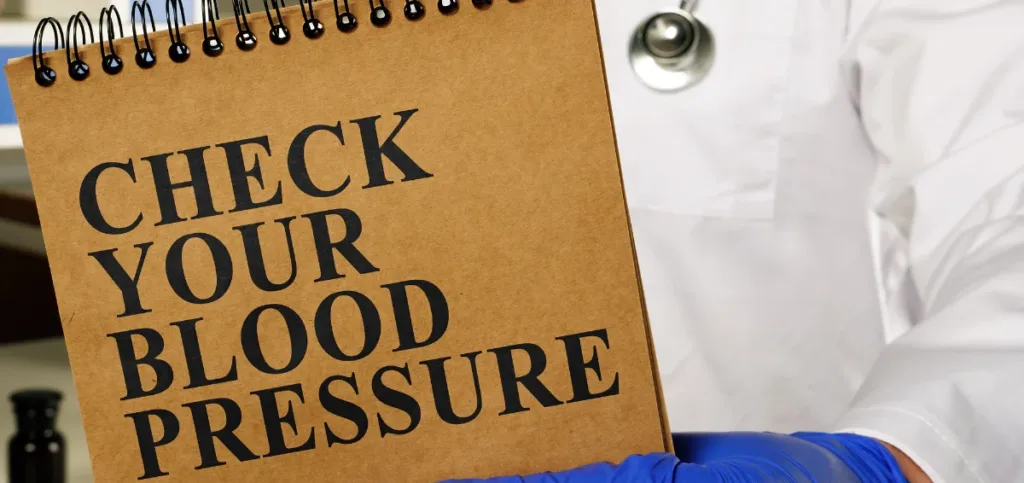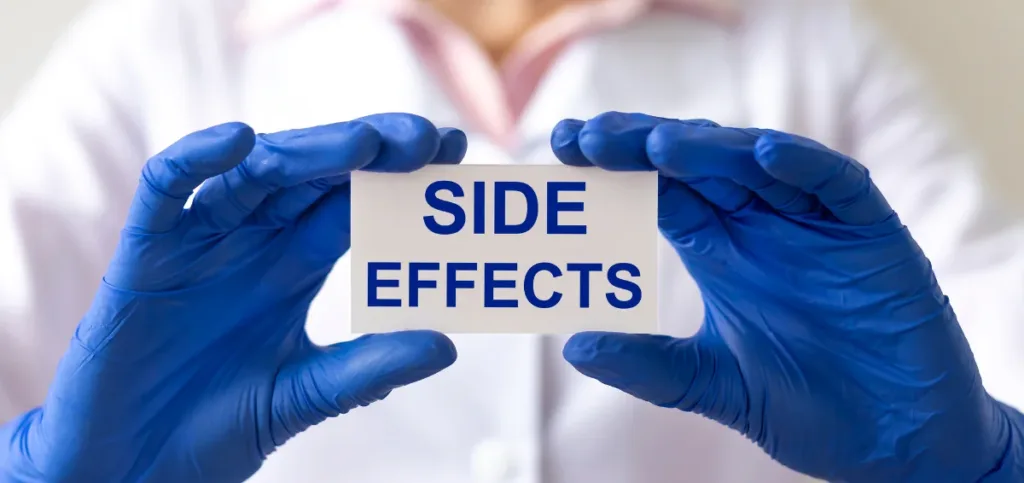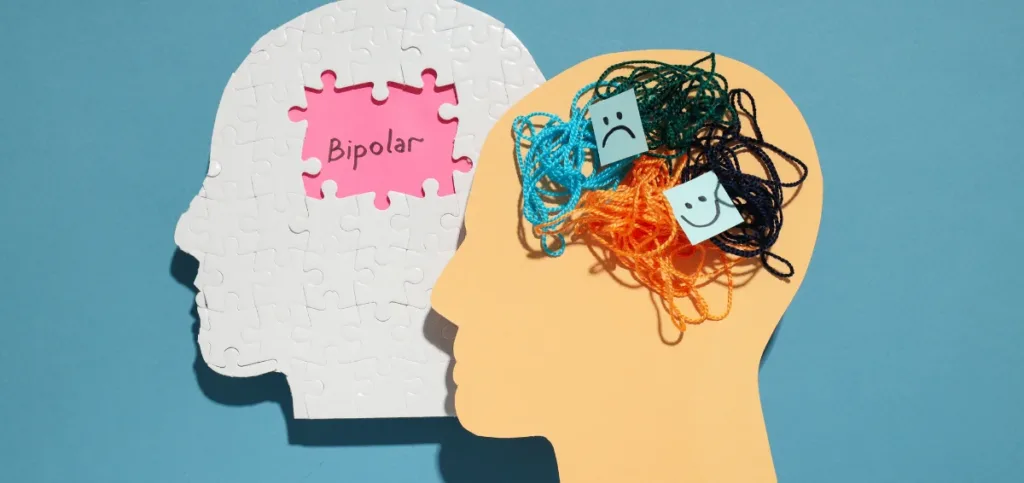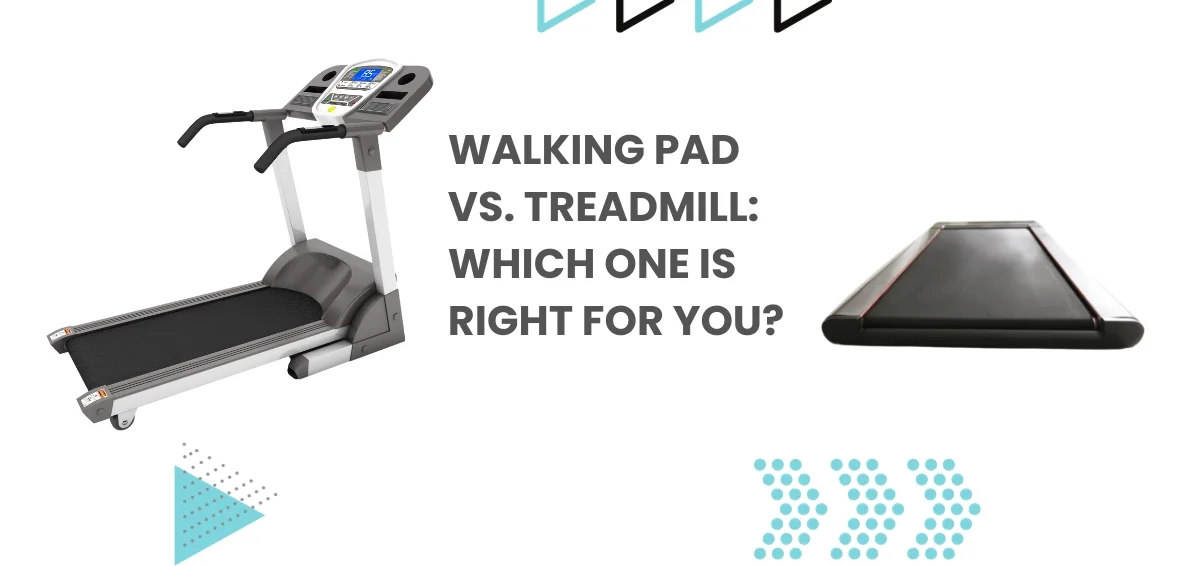
Ketamine therapy has become a popular treatment for mental health conditions like depression, PTSD, and anxiety. This is mainly because the treatment can reduce symptoms in patients within the first couple of sessions. This isn’t the case with other traditional medications or therapies. However, as with everything, ketamine therapy may not yield the same result for everyone. For some people, it may prove to be too risky. There are several factors to consider when determining the appropriateness of this therapy for individuals. Let’s find out more about ketamine therapy and who it is suitable for and unsuitable for. Who Is Not a Good Candidate for Ketamine Therapy?
What is Ketamine Therapy and How Does It Work?

Ketamine therapy is a treatment for mental health conditions that uses low doses of ketamine. Ketamine is a dissociative synthetic medicine whose low-dose injects are commonly used to treat mental health and substance use disorders. It works by blocking the N-methyl-D-aspartate (NMDA) receptor. It regulates cognition, mood, and the perception of pain in the brain. Ketamine’s rapid-acting antidepressant effects reduce depression symptoms within just a few hours or days of treatment. Ketamine therapy is performed under direct medical supervision. The mental professionals closely follow up after the treatment by checking the patient’s vital signs and overall health.
Read Also: What Happens When You Sleep High?
Factors to Consider Before Choosing Ketamine Therapy
Ketamine therapy has proven its effectiveness for treatment-resistant depression. However, it is important to consider the following factors when choosing it as a treatment approach:
Your Depression History

Ketamine is most suitable for patients with a history of depression. Sub-anesthetic doses of ketamine, when administered intravenously, have proven to reduce symptoms of stubborn depression quickly.
Check Your Blood Pressure

Before going for ketamine therapy, check your blood pressure. The treatment causes changes in blood pressure and can also increase heart rate, so it is critical to check your vital signs.
You Have Undergone Other Longstanding Depression

Ketamine should never be considered as the first line of treatment. This is because the therapy does not cure mental health conditions, unlike other treatments. It only reduces the symptoms for a specific time frame.
Know About the Side Effects of Ketamine

Ketamine therapy can have several short and long-term side effects. These can be felt mildly or more intensely according to the drug’s dosage. Patients should learn about these side effects before undergoing the treatment.
Is Ketamine Therapy FDA-Approved?

No, the FDA has not approved ketamine therapy for treating mental health conditions. What it has approved is the ‘S’ form of ketamine, called Spravato (esketamine). It is derived from ketamine and was approved as a nasal spray for hard-to-treat depression and depressive symptoms associated with major depressive disorder. Spravato can have potential risks. These include disassociation, sedation, and abuse and misuse. So, it is subject to stringent safety controls on administration under a safety program. In recent years, an increasing number of pharmacies have compounded ketamine nasal spray formulations. These formulations consist of ketamine alone or in combination with other ingredients. Currently, there is an absence of standardized safety measures related to compounded ketamine nasal sprays. There have also been reports of patients experiencing adverse events by taking them. So, the FDA is issuing an alert regarding the sale of such nasal sprays.
Who is Not a Good Candidate for Ketamine Therapy?

The needs of every patient are different. Some patients may benefit from ketamine treatment in just a few hours after receiving it. However, others will only risk their health by undergoing the therapy. In general, patients falling under the following categories should avoid ketamine therapy.
- You have a long history of schizophrenia or related disorders. Ketamine therapy can aggravate the symptoms of these disorders.
- You are a heart patient or have high blood pressure. Ketamine therapy increases both BP and heart rate, so it is not recommended for such patients.
- You have a history of substance abuse. Ketamine can increase the potential for abuse.
- You have taken dissociative anesthetics before and have experienced an adverse reaction.
- You are under the age of 18.
- You are above 65 and have symptoms of dementia.
- You are pregnant. Ketamine is unsafe for developing fetuses. Breastfeeding mothers should also avoid ketamine.
- You cannot keep up with the lifestyle for this treatment. Ketamine therapy requires you to visit your doctor for several days in a month. In addition, you must also visit your therapist for sessions. If you do not have enough time for these visits, ketamine therapy may not be a good choice for you.
Read Also: Brainspotting vs EMDR
What Are the Side Effects of Ketamine Therapy?
Ketamine therapy may cause both short and long-term side effects. Below, we have listed both of these side effects.
Short-term Side Effects

- Confusion, disorientation, or loss of motor coordination.
- Increase in heart rate and blood pressure.
- Increase in body temperature and breathing.
- Vomiting, nausea, or dizziness.
- The feeling of detachment from your environment and yourself.
Long-term Side Effects

The most conclusive long-term side effect of ketamine therapy is the development of substance use disorder. When this treatment stops, it leads to a degree of physical dependence and withdrawal syndrome. Withdrawal syndrome includes symptoms such as excessive sleepiness, depression, and cravings for ketamine. Another worth-mentioning long-term consequence of ketamine therapy is neurological risks. High doses of ketamine over an extended period have been linked to certain functions and structures of the brain. As such, ketamine therapy in high doses over the long term has been linked to a decline in cognitive functioning and memory impairments. Ketamine addiction is believed to stem from the emotional and cognitive changes that this drug causes. However, more conclusive evidence is needed to support this hypothesis.
Summing Up
Ketamine therapy can positively influence the lives of persons with various mental health conditions. However, this is only possible if you are the right candidate for the treatment. Who Is Not a Good Candidate for Ketamine Therapy? If you or your loved one is considering taking this therapy to treat their mental health condition, the best way forward is to consult your healthcare professional. With their knowledge, you can determine whether investing your time in this treatment will yield the desired results.










